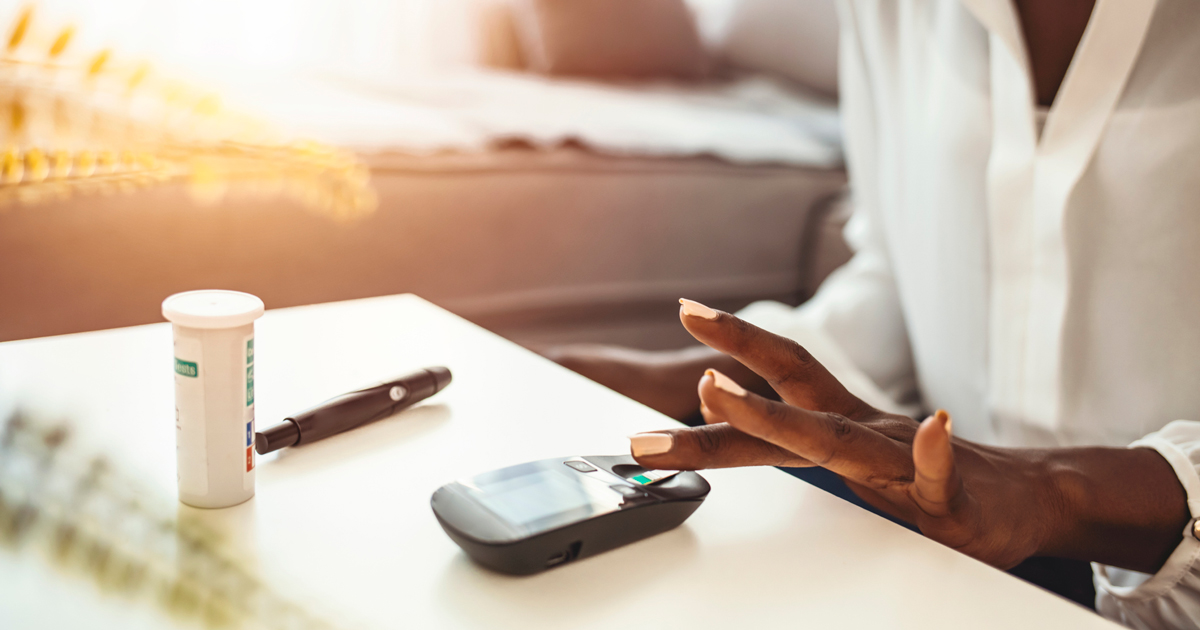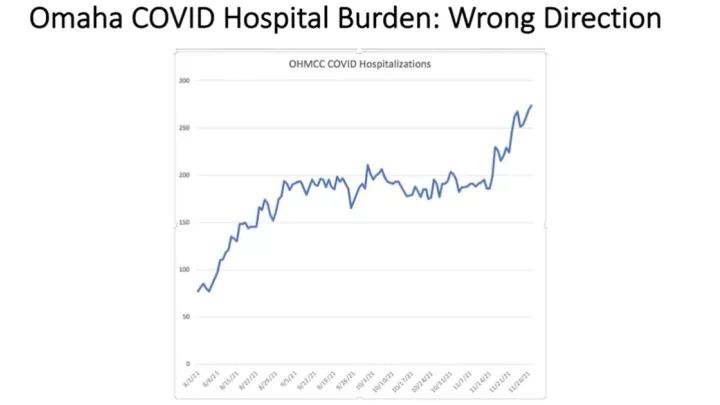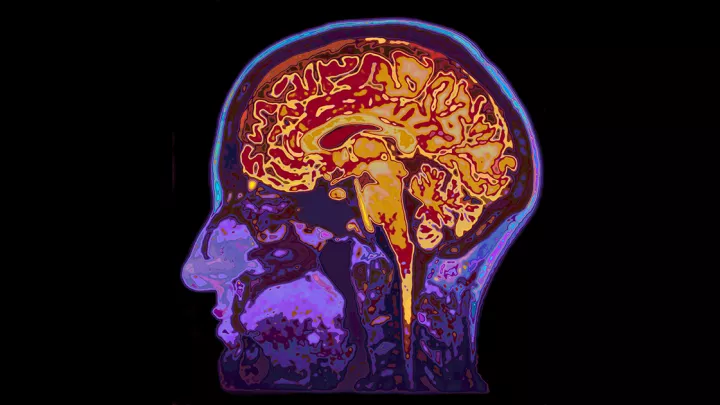5 common questions about diabetes and COVID-19

If you or someone you love lives with diabetes, you may have additional concerns about how the COVID-19 virus may impact your health. We learn more about COVID-19 every day, including how certain chronic health conditions can increase the severity of a person's illness. Here are some things we have learned and valuable advice for those with diabetes.
1. Can COVID-19 cause diabetes in children?
Yes, new diagnoses of diabetes are more likely to occur in patients with COVID-19 infection than in those without COVID-19. A recent report published by Centers for Disease Control and Prevention assessed the risk of newly diagnosed diabetes among persons aged less than 18 years and reported that new diabetes diagnoses were 2.6 times more likely to occur among patients with COVID-19 than among those without COVID-19. The findings in this report are supported by other studies in adults that suggest a higher risk of newly diagnosed diabetes in people with COVID-19 infection.
2. Diabetes patients are at higher risk of severe illness and complications
Overall, people with diabetes are more likely to have severe symptoms and complications when infected with any virus, including COVID-19. "Patients with diabetes are at a higher risk of hospitalization, have longer hospital stays, require a higher need for ICU admission and intubation if they get infected with COVID 19," says Ritika Puri, MD, Nebraska Medicine diabetes, endocrinology and metabolism specialist.
COVID-19 related mortality is also higher in patients with diabetes. "COVID-19 can also precipitate severe manifestations of diabetes such as diabetic ketoacidosis and severe insulin resistance in patients with or without diabetes," says Dr. Puri. "These manifestations and a new diagnosis of diabetes may be due to severe inflammatory response to the virus, beta-cell injury or due to critical illness per se."
3. Are people with diabetes more likely to get COVID-19?
The issue those with diabetes face is the risk of more severe complications if they get the virus, not a greater chance of actually contracting it. The more health conditions a person has, the higher the risk of severe illness. Currently, there isn't enough evidence to show whether or not people with diabetes are more likely to get COVID-19 than the general population.
4. What diabetic patients need to know and watch out for
First, be prepared. "It is important to have enough medications, particularly insulin, for at least 14 days in case of illness or a need to quarantine," says Dr. Puri.
Second, contact your doctor if you think you may have been exposed or feel like you are developing symptoms. Seek emergency medical attention if you develop:
- Trouble breathing
- Persistent pain or pressure in the chest
- New confusion
- An inability to wake up or stay awake
- Bluish lips or face
Third, keep up with your doctor visits and diabetic supplies. "The pandemic has affected access to medical care and patient engagement," explains Dr. Puri. "On one hand, many patients have learned to use technology for video visits, upload CGMs (continuous glucose monitoring) and get supplies like insulin pumps and glucometers. On the other hand, others have not been able to keep up and have had long gaps in their care and follow-up visits."
According to the American Diabetes Association, your risk of getting very sick from COVID-19 may be a bit lower if your diabetes is well-managed. People who already have diabetes-related health problems are likely to have worse outcomes than people with diabetes who are otherwise healthy, no matter which type of diabetes they have.
5. At-home care advice for diabetic patients with COVID-19
"Outpatient management of diabetes in a patient with COVID-19 focuses on prevention of low blood sugar, severe hyperglycemia and diabetic ketoacidosis," advises Dr. Puri. "Diabetes medications may need to be adjusted if a patient is unable to maintain food and fluid intake and based on their blood sugars." Reach out to your doctor to discuss your sick day plans, especially if you see signs of worsening symptoms in any of these areas.
For care at home, we recommend the following:
- Drink lots of fluids to maintain hydration. If you have trouble keeping water down, suck on ice chips regularly throughout the day
- Monitor blood sugars closely
- Monitor for signs of hypoglycemia or diabetic ketoacidosis
- Watch out for and call your doctor if you experience nausea, vomiting or abdominal pain along with elevated blood sugar and ketones as they could be signs of diabetic ketoacidosis
"The importance of preventing COVID-19 infection cannot be emphasized enough," says Dr. Puri. "Vaccination, frequent hand washing, using masks in public settings and maintaining social distancing are of utmost importance." For more guidance on how to reduce your risk, head to the Centers for Disease Control and Prevention website which is updated regularly.







